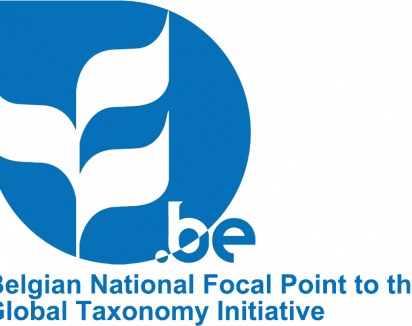
Increasing Marine Taxonomic Knowledge in Mozambique: the Case of Two Neglected Taxa
Project details
2017 and 2019
Mozambique
Echinoderms: Animalia – Echinodermata; Macroalgae: 1__Plantae – Chlorophyta/ Rhodophyta; 2__Chromista – Ochrophyta
Ghent University, Meise Botanic Garden, Royal Belgian Institute of Natural Sciences and Royal Museum for Central Africa
Eduardo Mondlane University (Inhaca’s Marine Biology Station & School of Marine and Coastal Sciences), Maputo Natural History Museum and Lúrio University (Pemba)
Mozambique has the third largest coastline in mainland East Africa. This coastline is – Somalia excluded – taxonomically the least explored in Eastern Africa. This is regretful given that studies show that this is an extremely productive area due to difficult to characterize upwelling and eddy systems, making it one of the highest biodiverse regions in the Indian Ocean. The three recognised marine bioregions (basically the South, the centre and the North of the country) deserve detailed taxonomic study. Regretfully, such study is non-existing for many taxa. This project aims to lessen this by studying two taxa that have an important ecological and economic importance: echinoderms and macroalgae. In doing so this project will be instrumental in alleviating poverty in a country that is undergoing rapid demographic changes that put high pressure on the environment. The two aimed taxa will be sampled in:
In order to ensure capacity building and durability and return on investment of engaged resources, dedicated hands-on training will be foreseen for selected Mozambican partners. Also, in order to have maximum outreach and leverage towards modern standards in taxonomy of this capacity building project, an invertebrate (incl. echinoderms) expert of the Florida Museum of Natural History (Prof. Dr. G. Paulay) is willing to deliver additional capacity building support (through auto-funding). Resulting collections will be fairly split upon participating institutions, ensuring durability in capacity building. Project results will be jointly presented at international conferences and published in international journals.